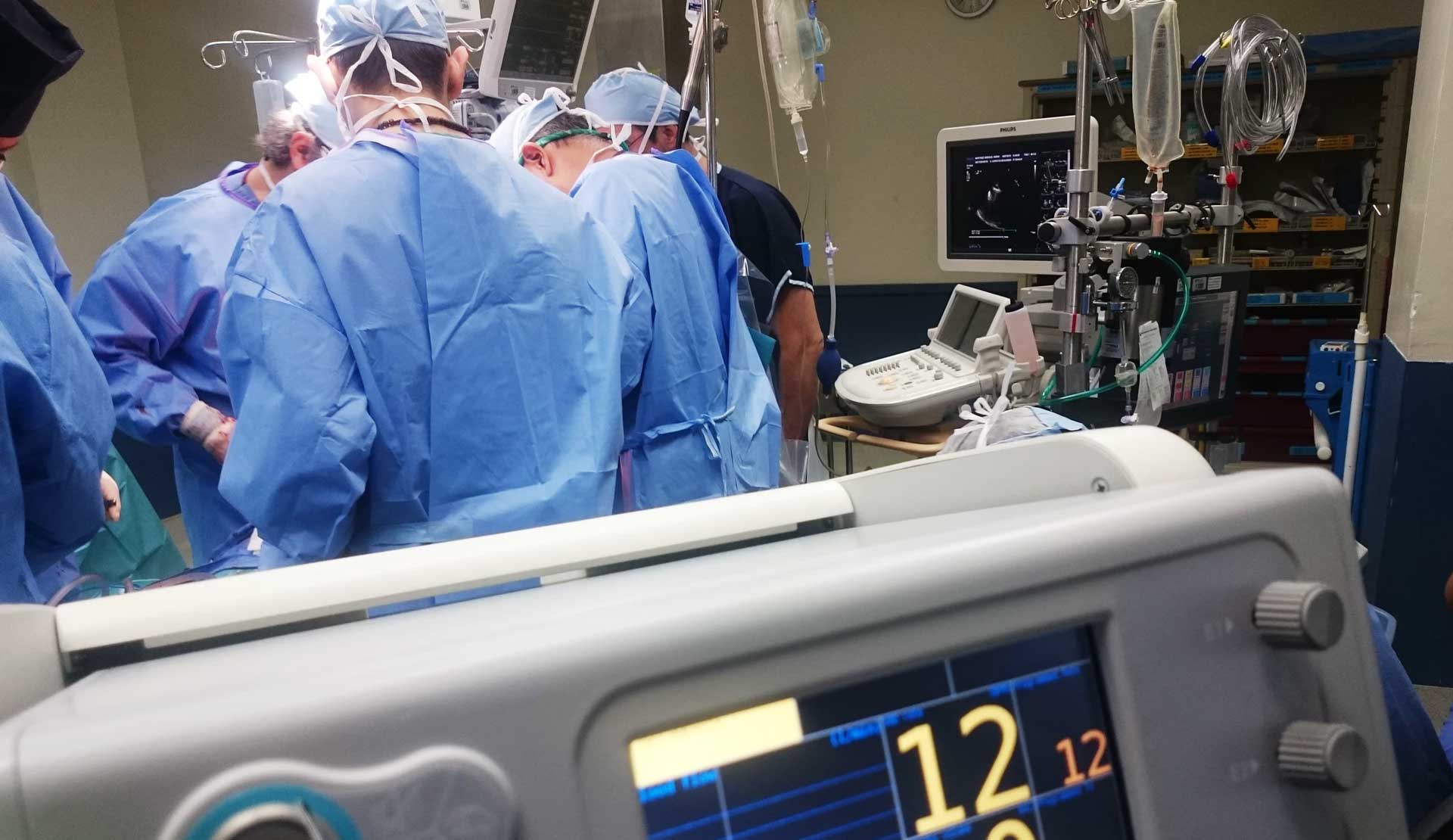# Unlock the Truth: Does Fasted Cardio Really Burn 70% More Fat? Here’s What You Need to Know
## Introduction
In the world of fitness and weight loss, trends come and go, but one topic that has sparked considerable debate is fasted cardio. Advocates claim that exercising on an empty stomach can lead to significantly greater fat loss—some even suggest up to 70% more fat burned compared to fed cardio. But is this claim backed by science, or is it just another fitness myth? In this post, we’ll dive deep into the truth behind fasted cardio, explore its benefits and drawbacks, and provide you with actionable insights on how to incorporate it safely into your routine.

## Understanding Fasted Cardio
Fasted cardio refers to performing cardiovascular exercise after an overnight fast, typically in the morning before breakfast. The idea is that when your body is in a fasted state, it will turn to fat stores for energy instead of relying on carbohydrates from food. This concept has gained popularity among fitness enthusiasts and those looking to shed pounds quickly.
Research suggests that during fasted exercise, the body may indeed utilize a higher percentage of fat as fuel. However, the total amount of fat burned during a workout can depend on various factors, including workout intensity, duration, and individual metabolism.
## The 70% Fat Burning Claim
The claim that fasted cardio can burn 70% more fat is a bold one. While some studies indicate that fasted cardio can lead to a higher percentage of fat oxidation, it’s essential to understand the context.
1. **Percentage vs. Total Calories**: While you may burn a higher percentage of fat during fasted cardio, the total number of calories burned may be lower compared to fed cardio, especially if the intensity of the workout is compromised due to lack of energy.
2. **Individual Variability**: Everyone’s body responds differently to fasting and exercise. Factors such as genetics, fitness level, and dietary habits can influence how effectively your body burns fat.
3. **Research Findings**: A study published in the *Journal of the International Society of Sports Nutrition* found that while fasted cardio can increase fat oxidation, it does not necessarily lead to greater fat loss over time compared to fed cardio.
## Benefits of Fasted Cardio
Fasted cardio does come with several potential benefits:
– **Increased Fat Oxidation**: As mentioned, exercising in a fasted state may enhance fat burning during the workout.
– **Convenience**: For many, working out in the morning before eating can fit better into a busy schedule.
– **Improved Insulin Sensitivity**: Some studies suggest that fasted cardio may improve insulin sensitivity, which can be beneficial for metabolic health.
– **Mental Clarity**: Many individuals report feeling more focused and energized during fasted workouts.

## Drawbacks and Considerations
Despite its potential benefits, fasted cardio isn’t for everyone. Here are some drawbacks to consider:
– **Energy Levels**: Working out on an empty stomach can lead to decreased energy levels, making it challenging to perform at your best.
– **Muscle Loss**: Prolonged fasting combined with intense exercise may lead to muscle breakdown, especially if protein intake is insufficient.
– **Increased Hunger**: Some people may find that fasted cardio leads to increased hunger later in the day, potentially leading to overeating.
– **Not Suitable for Everyone**: Individuals with certain health conditions, such as diabetes, or those who are pregnant should consult a healthcare professional before attempting fasted cardio.
## How to Incorporate Fasted Cardio Safely
If you’re considering adding fasted cardio to your routine, here are some tips to do so safely:
1. **Start Slowly**: If you’re new to fasted cardio, begin with low-intensity workouts, such as walking or light jogging, to see how your body responds.
2. **Stay Hydrated**: Drink plenty of water before and during your workout to stay hydrated.
3. **Listen to Your Body**: Pay attention to how you feel during and after your workouts. If you experience dizziness or extreme fatigue, it may be best to eat something before exercising.
4. **Post-Workout Nutrition**: After your fasted workout, refuel with a balanced meal that includes protein, healthy fats, and carbohydrates to support recovery and muscle growth.

## Conclusion
Fasted cardio can be an effective tool for some individuals looking to enhance their fat-burning potential, but it’s not a one-size-fits-all solution. The claim that it burns 70% more fat may be misleading when considering total calorie expenditure and individual differences. Ultimately, the best approach to fitness and fat loss is one that fits your lifestyle, preferences, and goals.
## Call to Action
Are you ready to explore fasted cardio for yourself? Share your experiences in the comments below, and let us know if you’ve noticed any differences in your workouts! For more tips on fitness and nutrition, subscribe to our newsletter and stay updated on the latest health trends.
—









